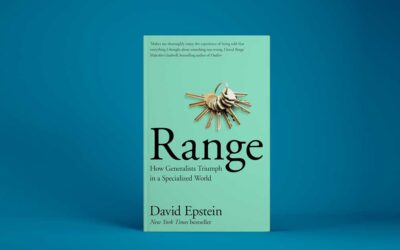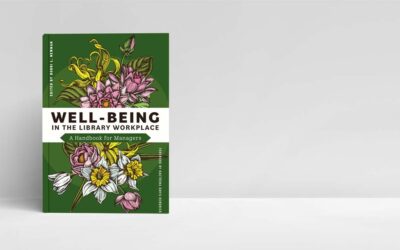Faceted Searching is Just Better!
Lucidea
Faceted searching is becoming a standard for special libraries that want to help end users find relevant content quickly and easily. Not all library automation systems today offer faceted searching. If they do, it’s definitely a competitive advantage.
What is faceted searching?
Faceted searching, browsing or navigation is an efficient way to quickly access a library’s collection, internal or external databases or other information repositories. It renders faceted (e.g. categorized) results classification, allowing users to discover content by filtering. A good faceted searching system associates an item with many different taxonomic terms, rather than into a single determined order.
Faceted searching is to end users what Boolean search is to a librarian. Users love faceted searching because it gets them the benefits of Boolean/fielded searching -increased precision and small numbers of high quality results -without AND/OR/NOT drop downs or multiple search box interfaces.
Faceted searching doesn’t work on full text data, which is why Google doesn’t offer it. A well-structured database and fields that are well curated are essential – that is why good faceted searching requires a good librarian in the background!
Can you see the value?
Each user who conducts a faceted search can get a quick overview of results by category, and then continue refining their search until they get the best content. Users can see how many results are in each category, making it obvious which to look at first. They can decide on their own search strategy and change their search result filters at any time.
When you are considering investing in a new library automation system, you need to carefully consider how well the system searches and whether its search capabilities are end user focused. Faceted searching is a clear winner!
Similar Posts
Interview with an Author: Fernandez on Streaming Video Collection Development
As demand for streaming video in libraries grows, so do the challenges of managing access, budgets, and licensing. Co-author Michael Fernandez shares key insights from his book, “Streaming Video Collection Development and Management”.
Interview with the Author: Saffady on Information Governance Technologies
Technology is at the heart of modern information governance, shaping how organizations manage records and ensure compliance. In this interview, expert William Saffady shares insights on the essential technologies driving the field and what information professionals need to know.
Reflections on David Epstein’s Range: How Generalists Triumph in a Specialized World
Lauren Hays explores “Range: How Generalists Triumph in a Specialized World” through a librarian’s lens, reflecting on the role of broad knowledge in critical thinking and problem-solving.
Interview with the Editor: Bobbi L. Newman on Well-Being in the Library Workplace
Enjoy Lauren Hays’ interview with Bobbi L. Newman on why workplace well-being matters, how managers can drive meaningful change, and what steps libraries can take to create a culture of trust and support.



